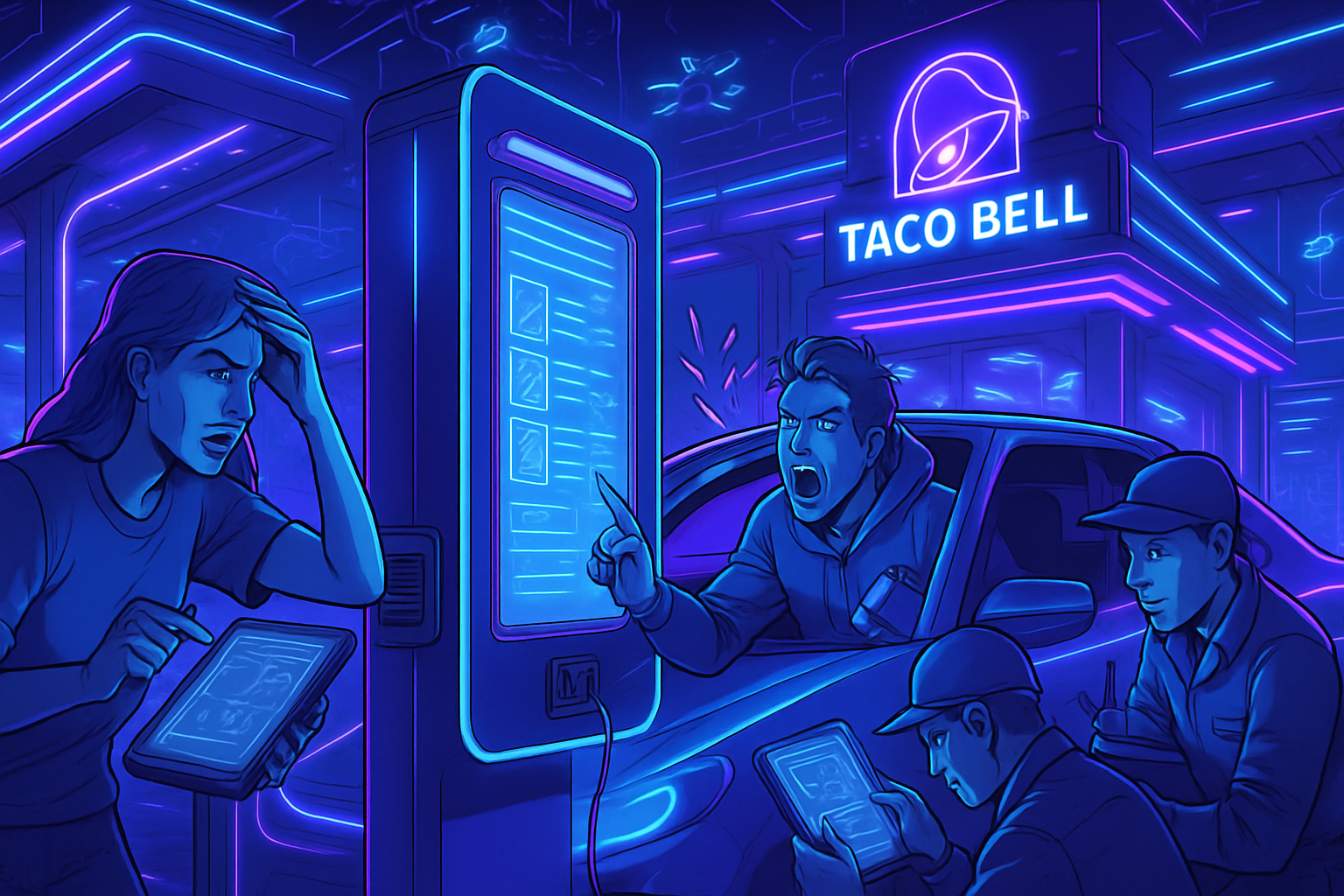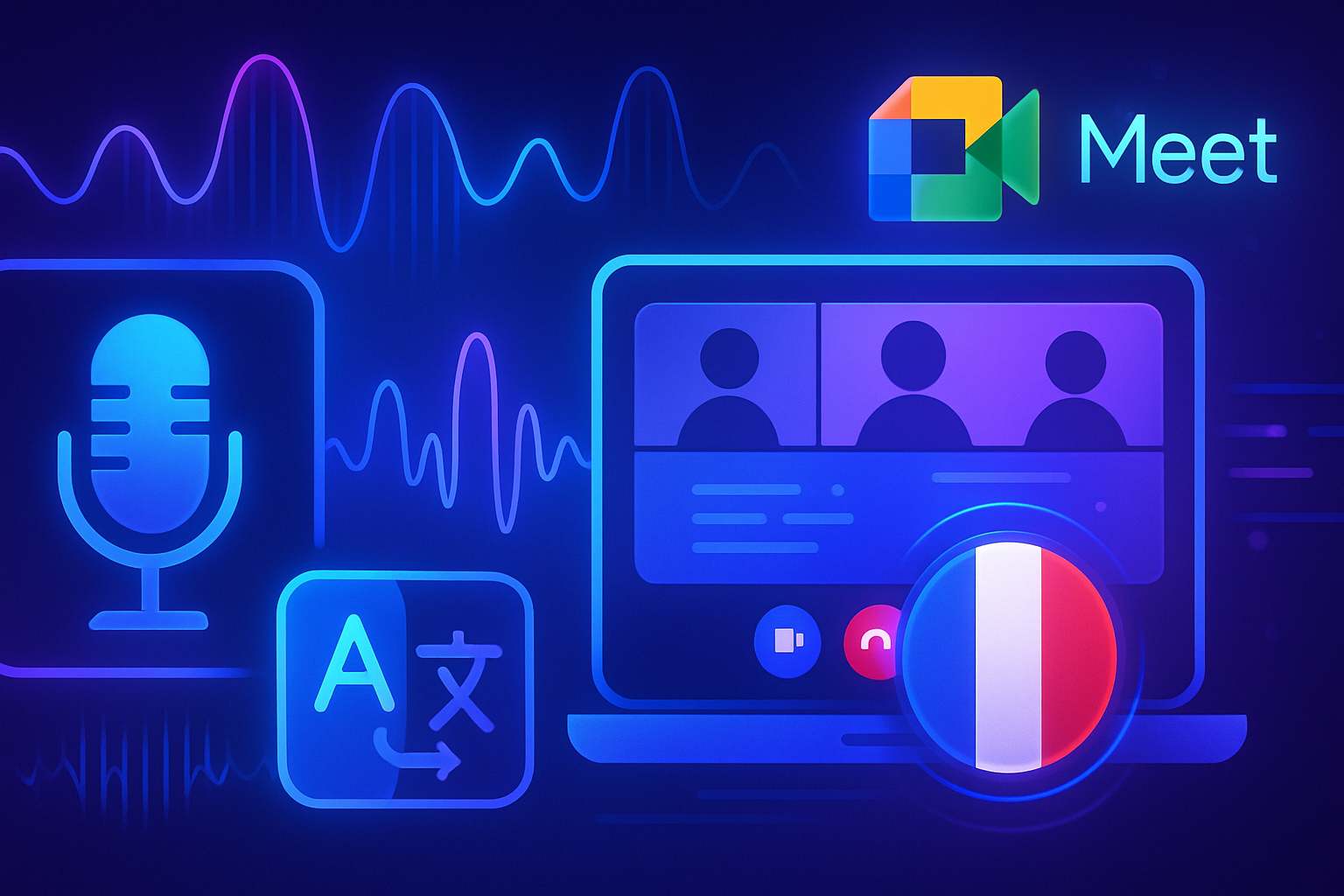The growing use of social algorithms necessitates a redefinition of civic surveillance mechanisms. Risk assessment systems now pose as insidious tools of social control, fueled by massive data. These algorithms decide who merits a thorough examination, reversing the fundamental principles of equality and social justice.
The fight against fraud is transforming into a pretext for intensifying surveillance, thereby worsening inequalities. The most vulnerable individuals experience intensified targeting, creating a concerning hierarchy of citizens. At the heart of this issue, the notion of algorithmic profiling raises endless ethical questions, provoking an urgent debate about the use of technologies in our contemporary societies.
Rating Algorithms: A Strengthened Control Mechanism
Since 2010, the National Family Allowance Fund (CNAF) has integrated a risk rating algorithm into its evaluation processes. This system assigns a risk score to each recipient, thus determining the level of control required for each individual. This algorithmic approach raises concerns about its implications for privacy and the fundamental rights of citizens.
Profiling Criteria and Social Consequences
The criteria used by this algorithm are not trivial. They include socio-economic data such as income level, employment status, and family composition. As a result, vulnerable groups are materially disadvantaged. For example, a person living in a disadvantaged neighborhood often receives a higher score, resulting in increased scrutiny and unjustified suspicions.
Systemic Discrimination Through Algorithms
This system generates systemic stigma, treating precarious populations as potential fraudsters. Single-parent families and the unemployed are particularly targeted, a dynamic that amplifies existing inequalities. Access to public assistance is thus hindered by reinforced administrative control procedures. In 2023, revelations uncovered troubling correlations between risk scores and discriminating factors, indicating an inherent systematic bias in these algorithms.
Amnesty International and the Call for Regulation
On October 15, Amnesty International, in association with a coalition of 14 organizations, filed a complaint with the Council of State. This action aims for the immediate cessation of the risk rating algorithm. The fight for transparency in administrative practices is intensifying, as voices arise to denounce the misleading effectiveness of such a device.
The Ethical Implications of Algorithms
The consequences of this automation extend beyond the economic sphere. Algorithms create a climate of distrust that affects relationships between citizens and the state. By establishing a systematic surveillance mechanism over the most disadvantaged, society not only reinforces inequalities but also distorts the protective role of social security institutions.
Towards Necessary Regulation of Artificial Intelligence
With the emergence of these algorithmic tools, a call for strict regulation is imperative. The creation of a European digital trust space becomes essential, including various stakeholders and regulations that address current societal issues. The need for a public debate on the subject seems increasingly urgent, as the risk of an authoritarian drift is indeed tangible.
Resistance and Alternatives to Algorithms
In the face of increased control exerted by these systems, alternatives are emerging. Organizations are working to establish solutions that promote equity, by advocating for proportional and fair access to social assistance. The fight against racial and socio-economic profiling is becoming a priority, requiring profound regulatory changes.
The Impact on Citizens’ Well-being
The fear of being constantly monitored affects the psychological well-being of citizens, particularly those already facing financial difficulties. This algorithmic surveillance can lead to self-censorship, inhibiting individuals from seeking the assistance they are entitled to. Current systems must be reassessed in order to mitigate these devastating impacts on the social fabric.
Frequently Asked Questions
What is a risk score in the context of social algorithms?
A risk score is a quantitative assessment assigned to an individual by an algorithm, generally used to determine the likelihood of behaviors perceived as fraudulent or undesirable, particularly within social protection systems.
How do rating algorithms assess social aid beneficiaries?
Algorithms examine various criteria, including socio-economic data, application history, and interactions, to establish a score that determines the level of control to which a beneficiary will be subject.
What are the ethical impacts of rating algorithms on vulnerable groups?
Algorithms can exacerbate inequalities by disproportionately targeting individuals from disadvantaged backgrounds, thereby reinforcing systemic stigma and fueling distrust towards institutions.
Are risk scores transparent for users?
Often, the internal workings of algorithms are not disclosed to the public, making it difficult for users to understand the criteria that determine their risk score and to seek recourse in case of injustice.
How can rating algorithms affect access to social services?
By increasing the level of surveillance of high-risk score beneficiaries, these algorithms can hinder access to essential services and create a sense of distrust among the populations that need them most.
What types of data do algorithms use to establish a risk score?
Algorithms use various data such as income, employment, family situation, as well as interaction histories with social administration to determine an individual’s risk score.
Are there possible recourses against decisions based on these algorithms?
There are potential legal recourses, but they are often complicated by the opacity of algorithms. Affected individuals may request administrative reviews or initiate legal proceedings, although this remains a complex process.
How could transparency of algorithms improve the system?
Greater transparency of algorithms would help reduce discrimination, improve citizen trust, and ensure that rating systems uphold principles of fairness and justice in the administration of social aids.






